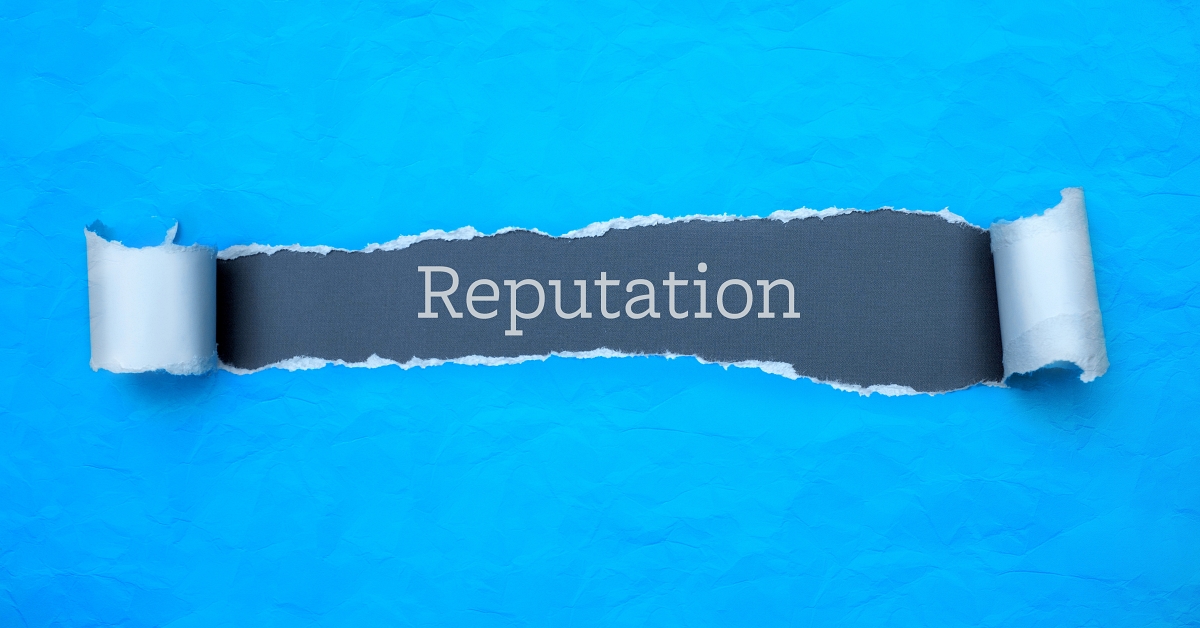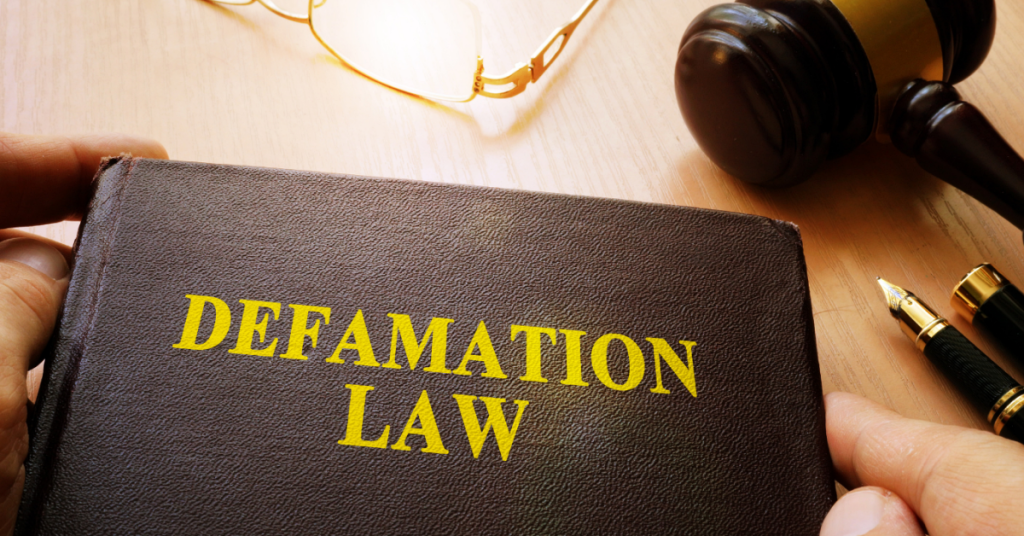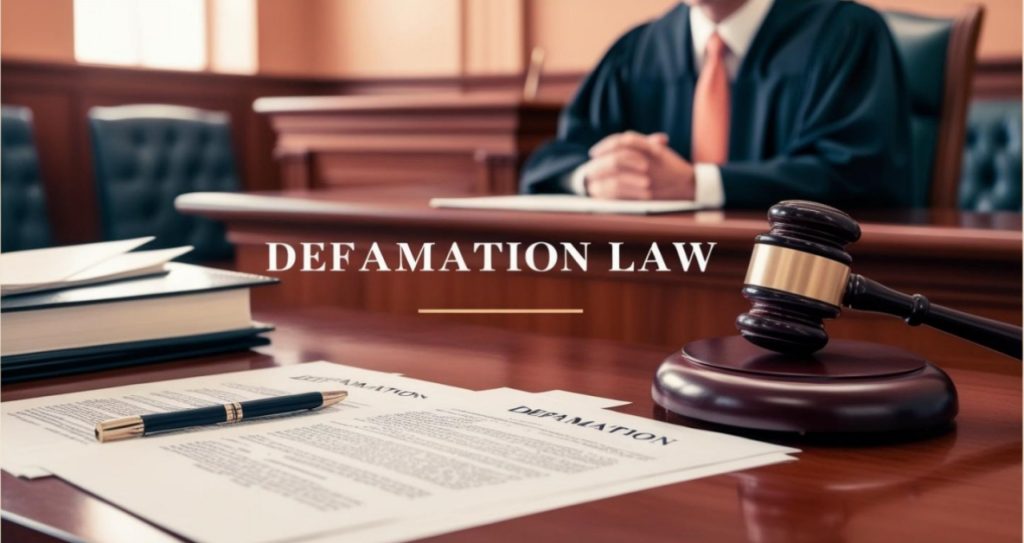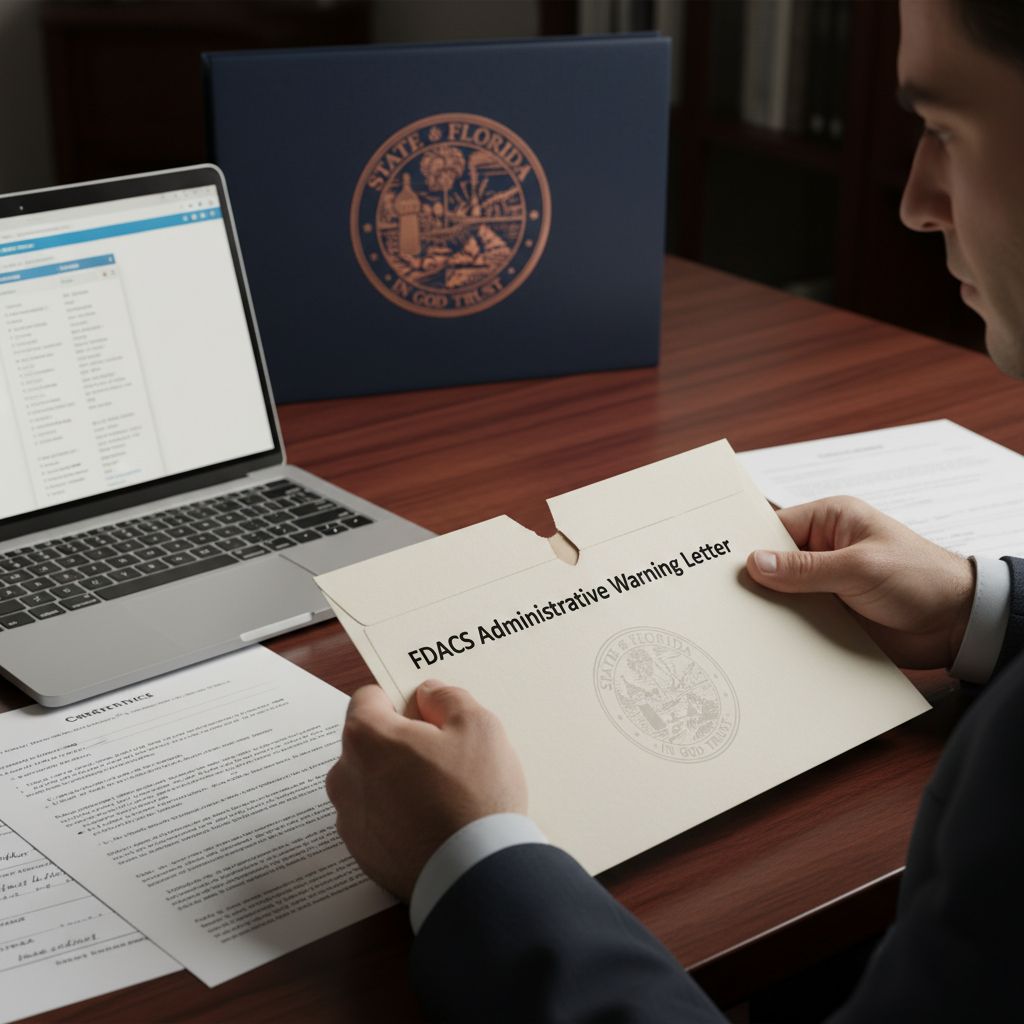
It only takes one Google search to ruin someone’s reputation. Whether it’s a fake review, a slanderous blog post, or damaging claims on a ripoff website, defamatory content on Google can follow you—or your business—for years. The emotional toll is overwhelming. The financial damage can be devastating.
So, can you sue for defamation on Google?
In many cases, yes—but it’s not as simple as hitting “report.” That’s where a skilledonline reputation attorneycomes in.
At Elevate Legal Services, we help individuals, business owners, public figures, and professionals in South Florida take legal action against false and malicious online content. If you’ve been defamed on Google, here’s what you need to know. Contact us today for more information.
What Counts as Defamation Online?
To successfully sue for defamation, you must prove:
- A false statementwas published about you
- The statement was presented as fact, not opinion
- It was communicated to a third party (e.g., on a website or in a review)
- It caused measurable harm (financial, reputational, emotional, etc.)
- The speaker acted with negligence or malice
 Defamation can appear in:
Defamation can appear in:
- Google reviews
- Blog posts and forums
- Complaint websites (e.g., Ripoff Report, PissedConsumer)
- News articles or business listings
- Social media and YouTube comments
If the content is factual and verifiable—and it’s false—you may have legal standing to sue.
Why Google Won’t Remove It Automatically
Many victims are shocked to learn that Google won’t simply take down a defamatory postjust because you report it. Under Section 230 of the Communications Decency Act, platforms like Google are not legally liable for user-generated content.
That means:
- Google won’t decide who’s lying
- They won’t remove postsunless they violate specific content policies
- In most cases, you’ll need a court orderto force removal
This is where a defamation attorney becomes essential.
How an Online Reputation Attorney Can Help
A qualified lawyer can:
- Identify the author, even behind anonymous usernames
- Send a legal takedown notice or cease-and-desist letter
- File a defamation lawsuit when appropriate
- Obtain a court orderrequiring content removal
- Work with Google, web hosts, and third-party platforms to remove or de-index false content
Some platforms—like Ripoff Report—refuse to remove any posts, even with false proof. In these cases, we may seek injunctions or court-enforced remediesthrough Florida defamation law.
Explore our full Online Reputation Legal Servicesfor more details.
Can You Remain Anonymous as a Plaintiff?
Yes. In many defamation cases, we file under pseudonyms or seek protective orders to avoid drawing more attention to the harmful content. Reputation cases are often highly sensitive, especially for professionals, executives, and public figures.
What if You Don’t Know Who Posted It?
If the defamer is anonymous, we can still help. Through a process known as a pre-suit discovery motion, we can request identifying information from:
- ISPs (Internet Service Providers)
- Hosting providers
- Website administrators
- Email account holders
Once we identify the responsible party, we can pursue damages or compel retraction.
What Are the Damages for Online Defamation?
 If your case goes to court, you may be entitled to:
If your case goes to court, you may be entitled to:
- Compensatory damages(lost income, lost clients, emotional distress)
- Punitive damages(in extreme or malicious cases)
- Court ordersfor takedown or suppression
- Attorney’s feesin certain cases
We also help clients pursue non-monetary relief, such as delisting from search engines or content removal from private databases.
Alternative Options: De-Indexing and Suppression
If suing isn’t feasible, there are other options. We work with SEO professionals and PR teams to de-index harmful URLs from Googleor suppress them using positive content strategies. This may include:
- Filing Right to Be Forgotten-style requests (for outdated or irrelevant content)
- Submitting removal requests for copyright or trademark violations
- Generating positive search results that push down defamatory links
Our legal and SEO teams often work together to provide a comprehensive online reputation recovery strategy.
Final Thoughts: Don’t Let Google Defamation Go Unchallenged
Online defamation doesn’t fix itself. If someone is spreading lies about you or your business, legal action may be the only way to stop the damage—and restore your name.
Whether you’re a business owner, physician, contractor, influencer, or student applying to graduate school, your online reputation matters.
Ready to Fight Back Against Online Defamation?
📞 Schedule a free consultation nowwith Elevate Legal Services and speak to an online reputation attorney who understands the law and the tech.






